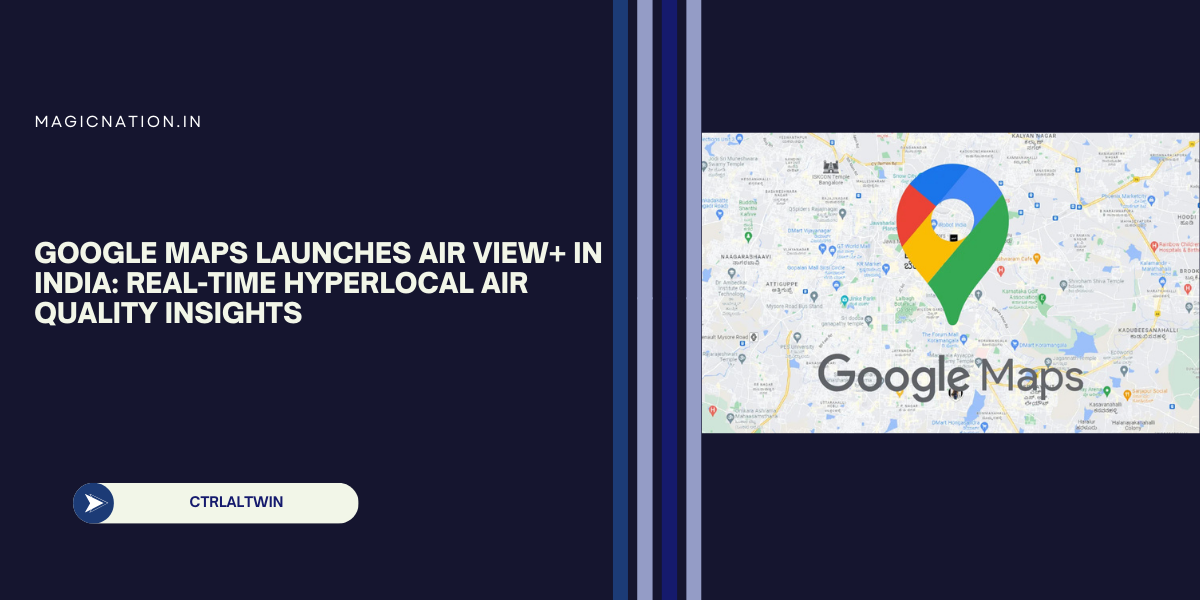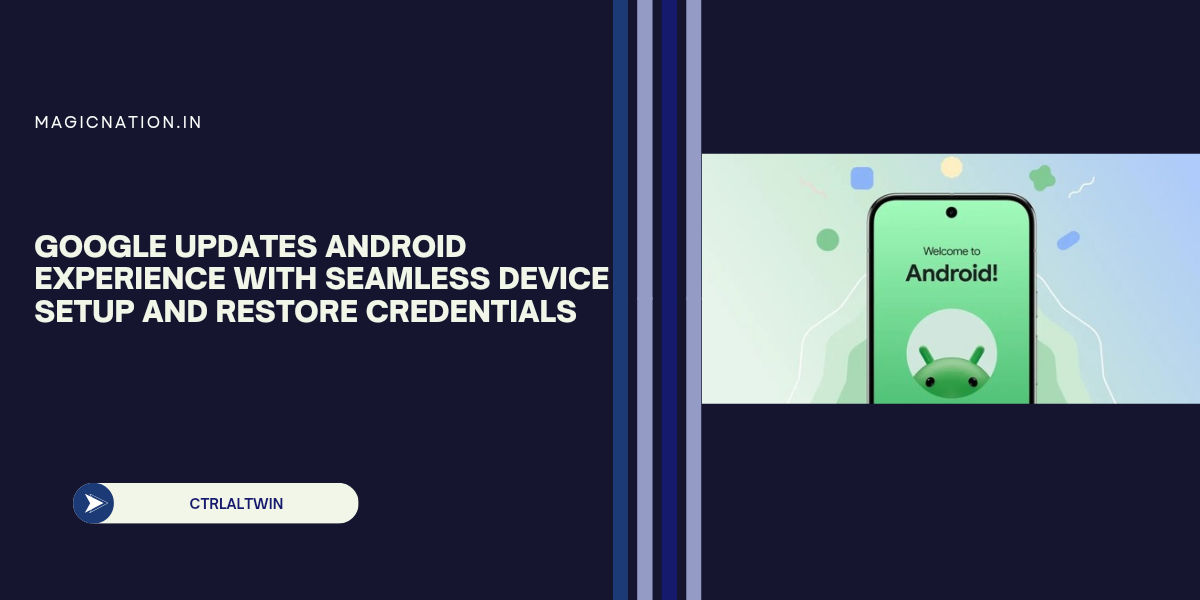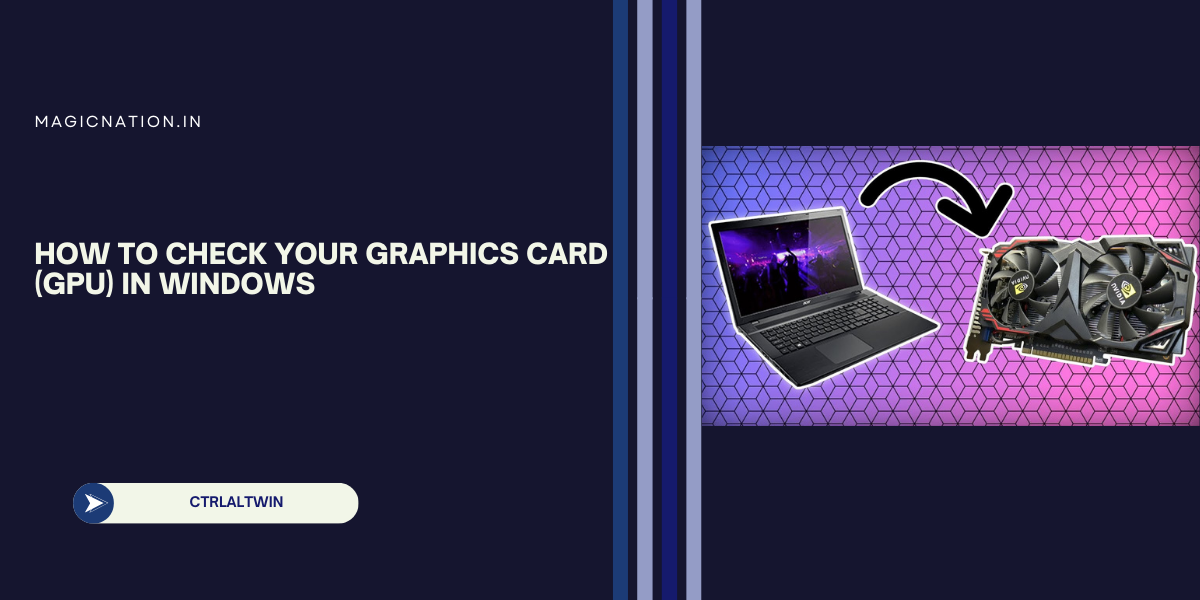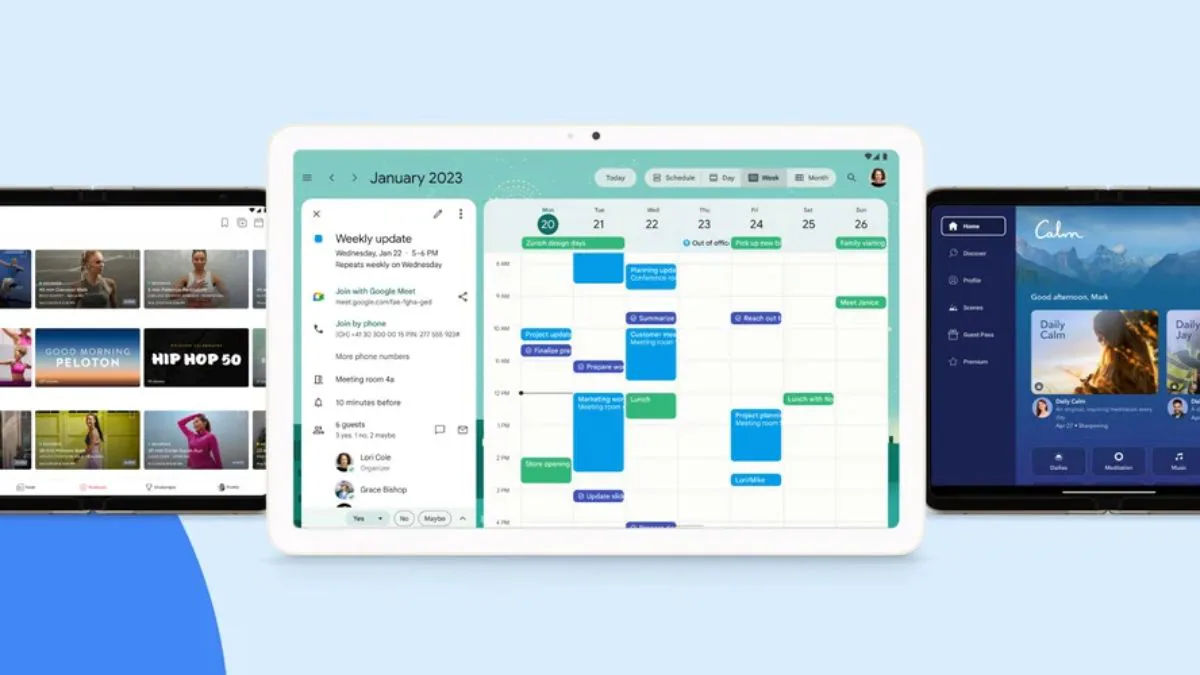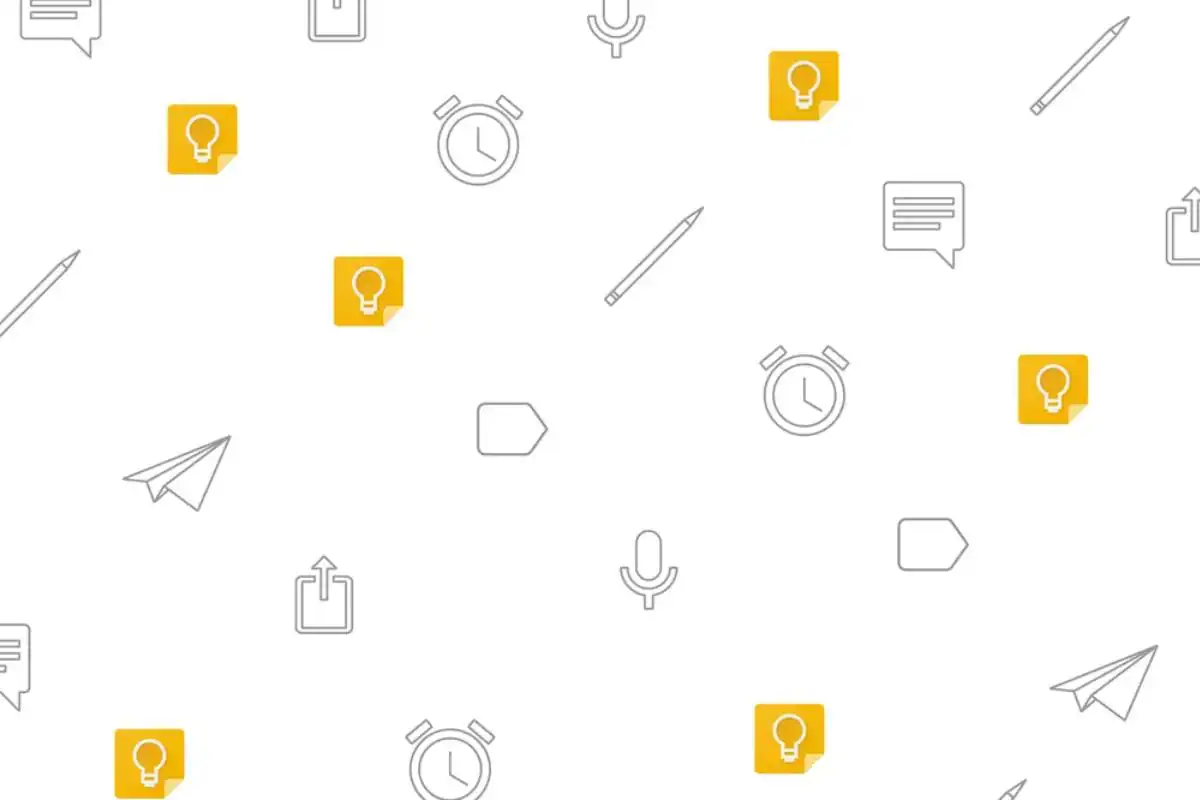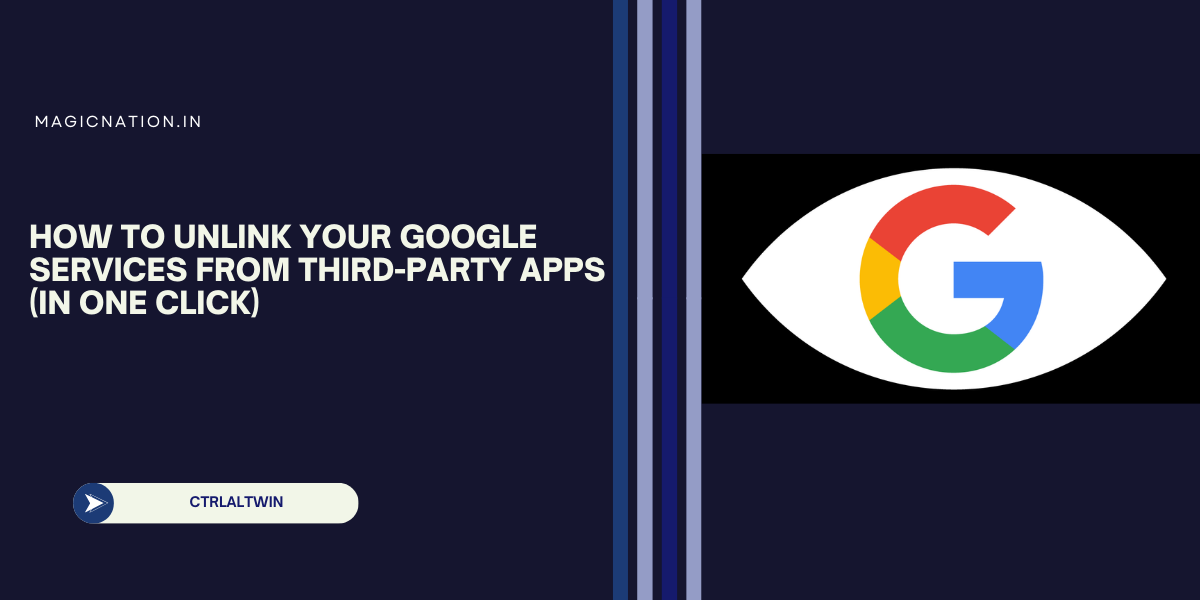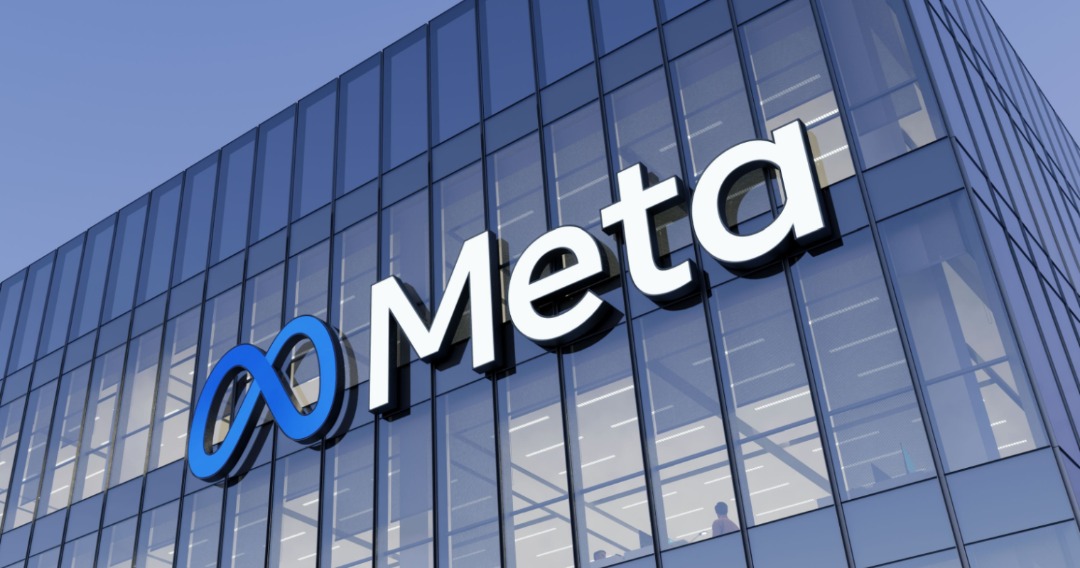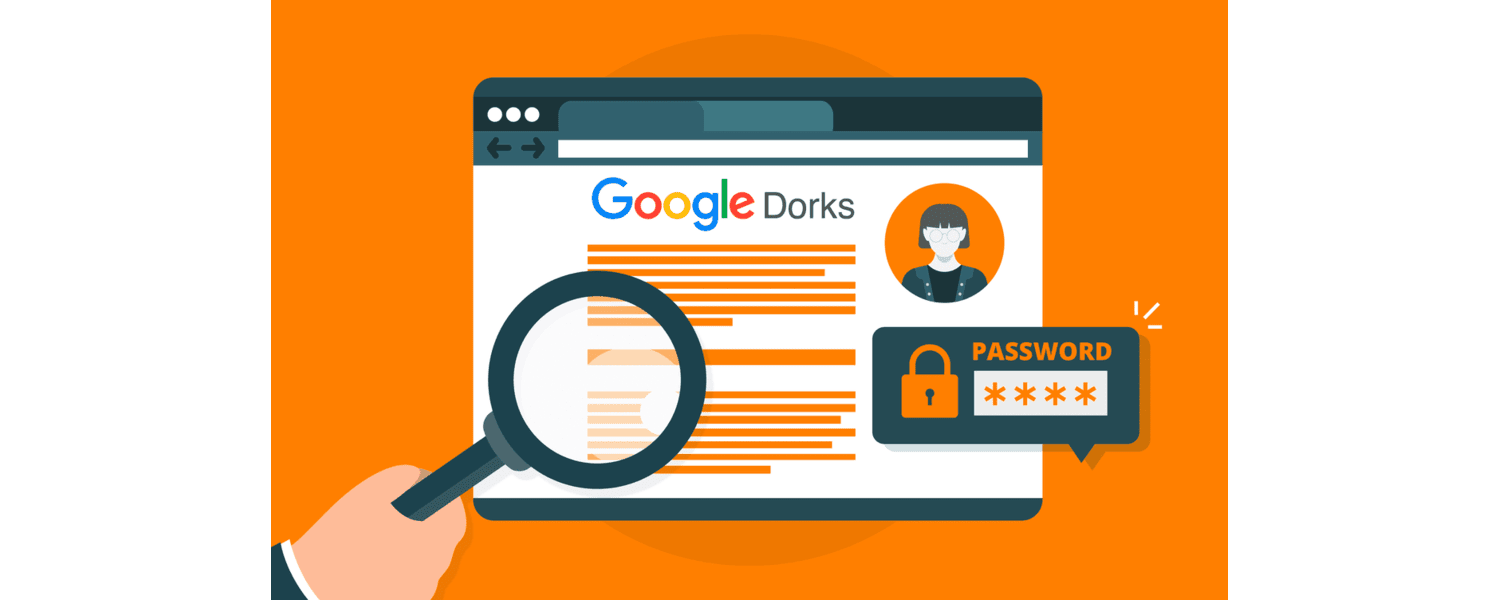
Set to be available in public preview starting December 2024 and continuing into early 2025, these agents mark Microsoft's ambitious next step in revolutionizing workplace productivity. The company will also enhance Copilot Studio, its tool for building custom AI agents, by introducing new features that allow these agents to operate autonomously. The update to Copilot Studio will be available in preview next month.
Jared Spataro, the executive overseeing Microsoft's workplace AI products, likened the agents to smartphone apps designed for the AI age. These tools are meant to operate alongside or independently of human workers, automating tasks like researching sales leads or updating customer support tickets after phone calls.AI Agents: Automating the Workplace
"We have just found places where people spend tons of time and tons of money," Spataro explained. "They tend to be tasks and processes that they wish they didn't have to do, but they have to do over and over again. There's high yield if we can essentially automate that."
Microsoft's partnership with OpenAI, the maker of ChatGPT, has placed it at the forefront of the generative AI wave, pushing the boundaries of how AI can transform everyday business tasks. The company's early AI products, such as Copilot, have already been integrated into popular software like Word and Outlook, responding to user prompts to generate text and perform basic tasks.

The new wave of AI agents represents an evolution from tools that require user prompts to those that can perform established tasks without human intervention. These agents will combine generative AI's reasoning capabilities with existing software and databases, allowing them to complete tasks independently.The Next Phase: Autonomous AI Agents
The move intensifies competition with other software giants like Salesforce, which has also embraced AI-powered agents. During Salesforce's annual Dreamforce conference last month, the company showcased its own autonomous tools, claiming that its agents could perform customer service duties without supervision. Salesforce's new tool, Agentforce, is expected to be generally available later this month with an initial pricing of approximately $2 per conversation.
Despite the similarities in their AI ambitions, Salesforce CEO Marc Benioff has not held back from criticizing Microsoft's Copilot product. “When you look at how Copilot has been delivered to customers, it’s disappointing,” Benioff posted recently on social media platform X (formerly known as Twitter).
Microsoft has yet to disclose the pricing for its new AI agents, which will be integrated into its Dynamics 365 suite of business software. However, its custom agent-building tool, Copilot Studio, is part of the Microsoft 365 Copilot package, which costs business customers $30 per month per user.Pricing and Availability
As the competition in AI intensifies, companies like ServiceNow, Workday, HubSpot, and SAP SE are also doubling down on their efforts to build autonomous AI tools. Microsoft's new AI push represents its ongoing strategy to capitalize on the booming interest in artificial intelligence, while businesses across industries look for ways to reduce the burden of mundane tasks and unlock new efficiencies.
Microsoft’s introduction of autonomous AI agents signals a shift toward deeper AI integration in business processes, promising to free workers from repetitive tasks and drive productivity. With Salesforce and other major players equally focused on AI-driven automation, the battle for AI supremacy in the enterprise software market is just heating up. How businesses adopt and benefit from these tools in the coming years will determine the true winners in this new age of artificial intelligence.Conclusion









